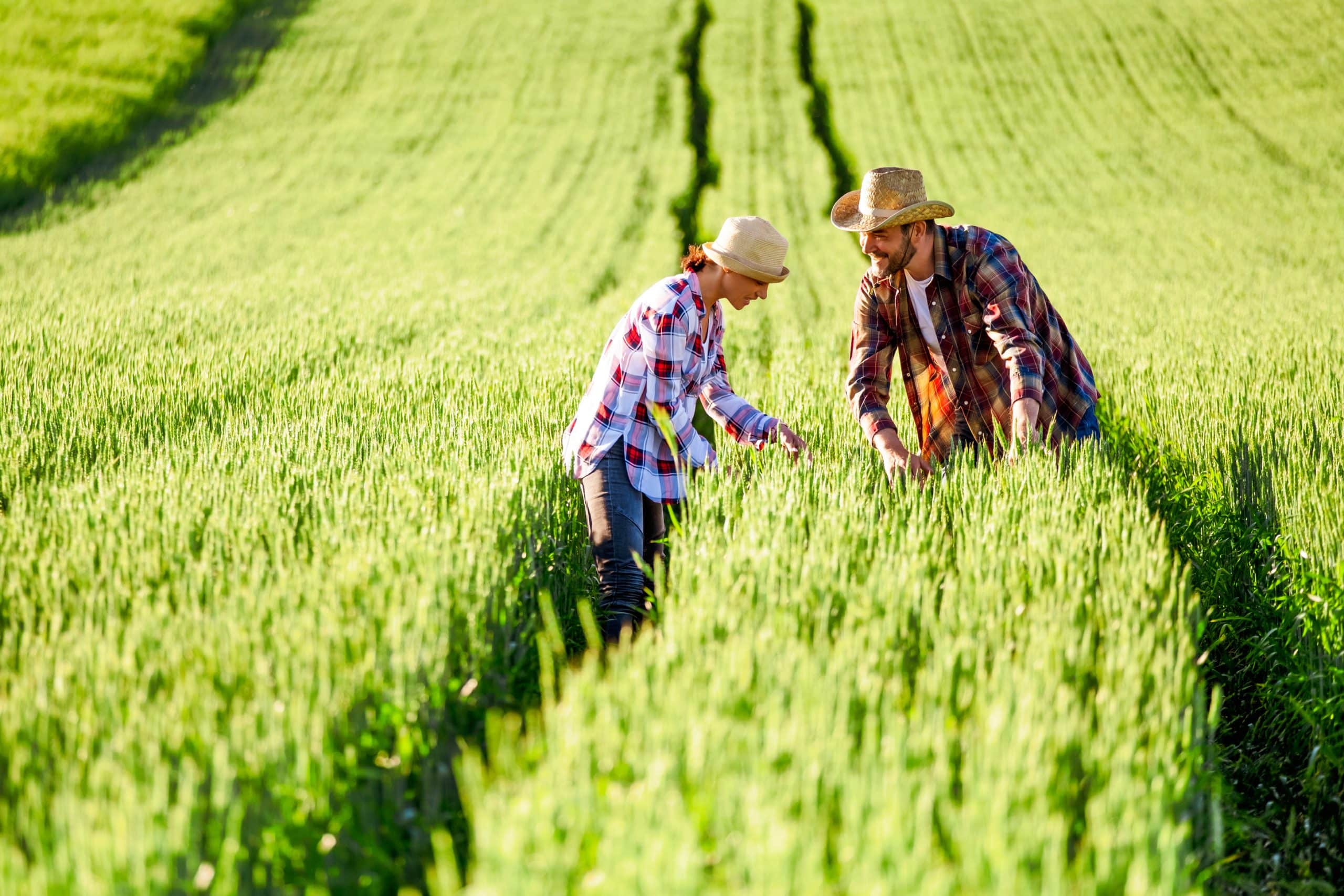Can Smart Soil Sensors Improve Sustainable Farming Practices in the UK?

In a world increasingly driven by data, the agricultural sector is no exception. Farmers across the globe are turning to smart technologies to increase crop yields, improve resource efficiency, and enhance sustainable farming practices. As you delve into this article, you’ll discover how the integration of smart soil sensors, coupled with precision agriculture and Internet of Things (IoT) technologies, are revolutionizing UK farming practices.
The Advent of Smart Technologies in Agriculture
Smart technologies, in particular, have become a staple in modern farming. Through the internet of things (IoT), farmers are able to harness data from multiple sources, enabling them to make more informed decisions about their crops, water management, and the overall health of the soil.
A découvrir également : What Innovative Technologies Are Being Developed for Oil Spill Cleanup?
Smart soil sensors, an increasingly prevalent tool in precision agriculture, measure parameters such as temperature, moisture, and nutrient levels. This real-time data is then sent to the farmer, allowing for quick adjustments to be made as necessary. By offering insights into the soil’s condition, these sensors provide farmers with a more accurate picture of their field’s health, which can lead to more successful crop production.
Impact of Smart Soil Sensors on Crop Production
The primary aim of agriculture is to grow food to feed the world. Yet, the world’s population is growing, putting more pressure on agricultural systems to increase production. Smart soil sensors are starting to play a critical role in meeting this challenge.
A découvrir également : How Can AI-Enabled Facial Recognition Enhance Security in UK’s Airports?
With these sensors, farmers can monitor soil conditions in real-time and tailor their agricultural practices accordingly. They can determine the precise amount of water and nutrients needed for specific crops at different stages of growth, thus optimizing resource use and minimizing waste.
Smart soil sensors also pave the way for precision farming, a concept based on managing variations in the field accurately to grow more food using fewer resources and reducing production costs. This approach directly contributes to sustainable farming, as it limits over-fertilization, reduces water usage, and decreases the carbon footprint of farming operations.
Water Management and Smart Soil Sensors
Agriculture is the largest consumer of freshwater globally, with irrigation accounting for about 70% of all water withdrawals. In the context of climate change and water scarcity, efficient water management in agriculture is becoming increasingly crucial.
Smart soil sensors can be instrumental in achieving this efficiency. They can provide data on soil moisture levels, enabling farmers to irrigate crops only when necessary and avoid over-watering. This not only conserves water but also prevents soil erosion, waterlogging, and nutrient leaching, thereby promoting soil health and crop productivity.
This data-driven approach to irrigation also has the potential to save farmers considerable time and resources. Rather than relying on weather forecasts or traditional soil inspection methods, farmers can use information from smart soil sensors to schedule irrigation, reducing unnecessary water use.
The Role of Smart Soil Sensor Technology in Sustainable Farming Practices
In the quest for sustainable agriculture, farming practices that promote soil health are essential. The soil is a farm’s most valuable resource, and maintaining its health is crucial for long-term productivity.
Smart soil sensors can play a significant role in soil health management. By providing real-time data on various soil parameters, they enable farmers to tailor their farming practices to meet the specific needs of their soil. For instance, data on soil nutrient levels can guide farmers on how much and when to fertilize, thereby preventing over-fertilization which can be harmful to the soil and the environment.
Moreover, data from soil sensors can also help farmers in crop rotation – a practice that prevents soil degradation and promotes biodiversity. By understanding the nutrient needs of different crops and the nutrients available in the soil, farmers can plan a crop rotation that maintains or improves soil health, contributing to sustainable farming.
Conclusion
While it’s clear that smart soil sensor technology holds enormous potential for the future of farming, many challenges remain. It’s important for farmers, technologists, and policymakers to continue to work together to overcome these challenges and unlock the full potential of this technology. With the right approach, smart soil sensors can play a critical role in achieving sustainable farming practices and food security in the UK and beyond.
Advanced Technologies Augmenting Smart Soil Sensors
In recent years, several advanced technologies have increasingly been integrated with smart sensors to improve agricultural efficiency and sustainability. These technologies, such as artificial intelligence (AI), machine learning, remote sensing, blockchain technology, and big data analytics, are reshaping the landscape of ‘smart agriculture’ and precision farming.
AI and machine learning, for example, allow for more accurate data analysis and predictive modelling. By processing soil sensor data through AI algorithms, farmers can gain predictive insights about future soil conditions and make proactive adjustments to their farming practices. This enables them to anticipate changes and adapt accordingly, enhancing both crop yield and soil health.
Remote sensing technology offers another substantial benefit. Using drones or satellites, farmers can gather detailed, real-time aerial data about their fields. This, combined with ground-level data from soil sensors, provides a comprehensive view of the farm’s condition and allows for precise crop management.
Furthermore, big data analytics can help farmers make sense of the vast amount of information generated by these technologies. By analyzing and interpreting this data, farmers can make more informed decisions about their farming practices, water management, and resource allocation.
Meanwhile, blockchain technology, while less commonly associated with farming, can still offer significant benefits. It can enable increased transparency and traceability in the agricultural supply chain, providing consumers with detailed information about where and how their food is grown.
Conclusion
The advent of smart soil sensors and their integration with advanced technologies are significantly improving sustainable farming practices in the UK. They provide farmers with real-time, accurate data about their soil’s condition, enabling them to make informed decisions and adopt precision farming practices. This not only optimizes resource use, but also enhances crop yield and overall farm productivity.
However, the full potential of these technologies is yet to be realized. To ensure that these promising advancements deliver maximum benefits, it is crucial for farmers, technologists, and policymakers to continue their collaborative efforts. This involves overcoming various technical, economic, and regulatory challenges, as well as raising farmer awareness and acceptance of these technologies.
By rising to these challenges, we can leverage smart soil sensor technology to secure a sustainable future for UK farming. Amidst growing global concerns about climate change, population growth, and food security, the need for such solutions is more pressing than ever. As we continue to innovate and adapt, smart farming practices promise to play a pivotal role in our journey towards sustainable agriculture and a food-secure future.
